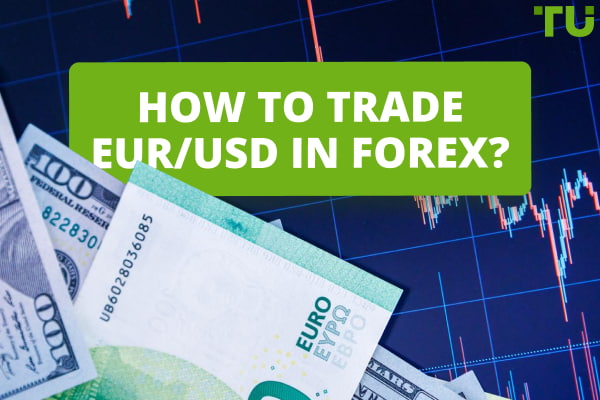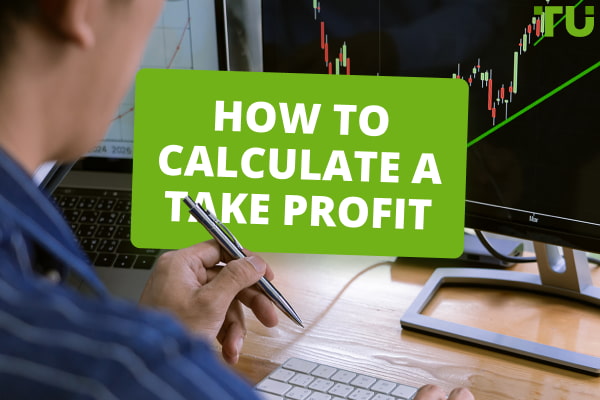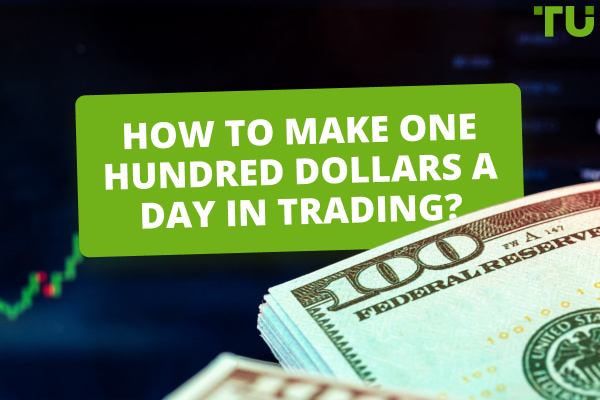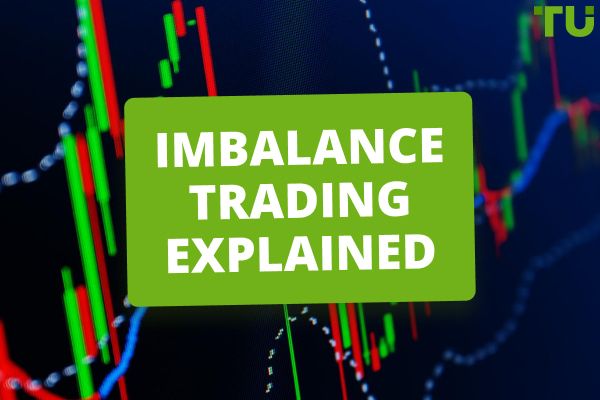Warning:
There is a high level of risk involved when trading leveraged products such as Forex/CFDs. Between 65% and 82% of retail investor accounts lose money when trading CFDs. You should consider whether you understand how CFDs work and whether you can afford to take the high risk of losing your money.
Top Low (Tight) Spread Forex Brokers

Best Low Spread Forex Broker in 2024 - eToro
Forex Brokers With Lowest Average Spread 2024
-
eToro — EUR/USD spread - , GBP/USD spread -
-
OANDA — EUR/USD spread - 0,15, GBP/USD spread - 0,2
-
IG Markets — EUR/USD spread - 0,8, GBP/USD spread - 1
-
Maunto — EUR/USD spread - , GBP/USD spread -
-
Trading.com — EUR/USD spread - 0,6, GBP/USD spread - 0,7
-
FOREX.com — EUR/USD spread - 0,2, GBP/USD spread - 0,4
In the world of Forex trading, a spread, or a bid-ask spread, is the difference between the ask price that a particular dealer will sell a currency for and the best possible bid price that the dealer will pay for that currency.
In this guide, we broke down some of the lowest spread forex brokers you’ll be able to find in 2024. Our list contains brokers that are known for having extra tight spreads, in addition to low minimum deposits and great conditions for active trading.Traders Union compared the average spreads of brokers on the most popular currency pairs and presented the data in a convenient table format. The spreads were compared for account types with market spreads such as ECN/Raw spread.
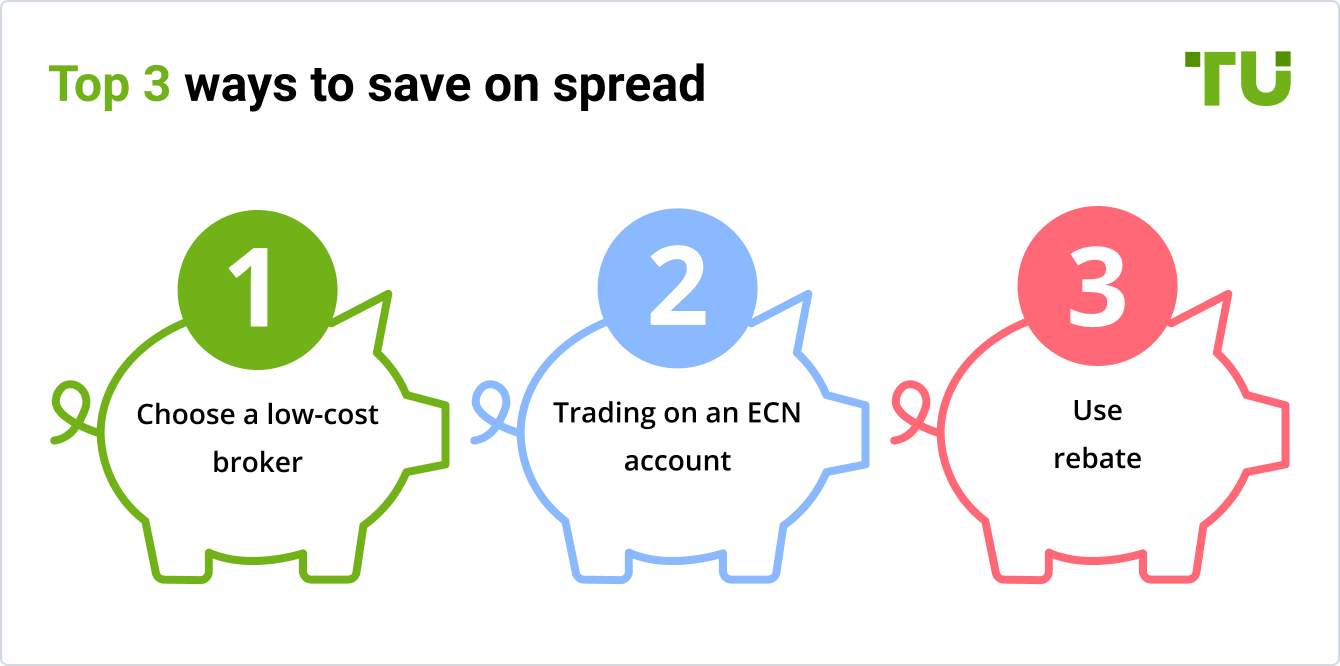
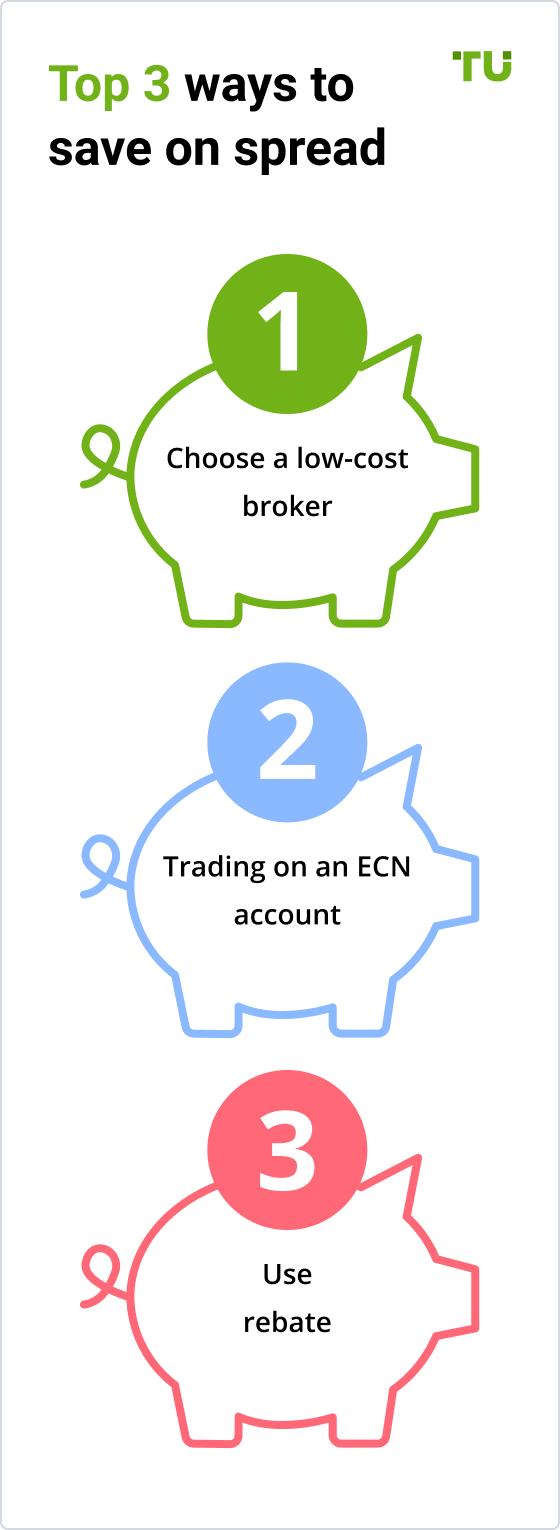
Low Spread Forex Brokers Compared
We have compiled brokers with the lowest spreads and compared them. The average spread tends to vary significantly between different brokers. The table below shows this comparison with the most popular currency pairs.
| Broker | Overall Score | EURUSD avg. | GBPUSD avg. | ECN/Raw Commission $ per lot | |
|---|---|---|---|---|---|
|
5.7 |
|
||||
|
5.28 |
0,15 |
0,2 |
3,5 |
|
|
|
6.68 |
0,8 |
1 |
2,3 |
||
|
5.46 |
|||||
|
5.44 |
0,6 |
0,7 |
|||
|
5.24 |
0,2 |
0,4 |
5 |
||
|
5.16 |
0,2 |
0,3 |
2 |
||
|
4.37 |
|||||
|
4.35 |
0,12 |
0,18 |
2,5 |
||
|
3.64 |
|||||
|
3.57 |
|||||
|
3.54 |
eToro
The eToro broker was founded in 2007. The company promotes itself as a social trading platform working with traders from over 140 countries. The broker has several divisions operating under different jurisdictions and licensed by different regulators. For example, eToro (Europe) is licensed by the Cypriot regulator CySEC (109/10) and eToro (UK) is licensed by the British regulator FCA (583263). The broker also has a representative office in Australia and the USA. eToro Profile Details
OANDA
The name OANDA is an acronym for “Olsen & Associates” or “Olsen AND Associates”. It is registered in the United States and provides its clients with a wide range of financial services in most countries of the world. The company was founded in 1996 and is currently regulated in four jurisdictions. The main regulator of the broker is the UK Financial Conduct Authority (FCA). Oanda Canada is licensed by IIROC. The company has several significant awards to its credit, including a victory in the category "Best Forex Trading Technologies" from the UK Forex Awards, "Best Trading Platform" from FX Week, as well as "Best Customer Service" from the US Foreign Exchange Report.
IG Markets
IG Markets has been providing brokerage services for retail traders since 2014. It was established in 1974 in London to work with professional traders. It is a part of the IG Group with representative offices in 17 countries. IG Markets stocks are traded on the London Stock Exchange as a part of the FTSE 250 index. The broker is regulated by FCA (Financial Conduct Authority | the UK), CySec (Cyprus Securities and Exchange Commission), ASIC (Australian Securities and Investments Commission), BaFin (the Federal Financial Supervisory Authority | Germany), FINMA (Swiss Financial Market Supervisory Authority), and NFA (National Futures Association). The IG Group global representative office is supervised by BMA (the Bermuda Monetary Authority). The broker provides services of trading Forex and different CFDs through MetaTrader 4 and its in-house platforms for retail and professional traders.
Maunto
Maunto operates under the regulation of the Mwali International Services Authority (M.I.S.A.) based in Comoros Island, holding license number T2023409. This regulatory oversight ensures that the company's operations are closely monitored, guaranteeing the safety and security of its clients. Maunto's dedicated team of professionals is committed to delivering top-notch services, emphasizing customers' financial stability and personal growth as integral aspects of trading. Maunto provides state-of-the-art services designed to complement traders' market instincts, along with a suite of user-friendly trading tools at customers' disposal.
Trading.com
Trading.com is a UK broker whose full name is Trading Point. Previously, it was called XMUK, but in 2019 it was rebranded and the company began to operate under its new title: Trading.com. The company offers to trade six asset classes such as currency pairs, metals, as well as CFDs on stocks, stock indices, commodity futures, and energy resources. More than 1,250 assets are available in total. The main office is located in London, the broker is regulated by the FCA (Financial Conduct Authority), and its registration number 705428.
FOREX.com
Forex.com is a company owned by GAIN Capital Holdings, Inc. (NYSE: GCAP) and has earned a reputation as a reliable broker in the trading industry for its transparent work and high quality of services. The company cooperates with clients in 140 countries. The broker is registered in the Cayman Islands and supervised by CIMA (Certified Institute for Management Accountants). The license number is 25033. The parent company of the Forex.com broker is registered in England and Wales under the number 1761813 at the UK Companies House. It is licensed by one of the most reputable regulators in the world, FCA (No. 113942).
Low Spread Brokers Trading Conditions Compared
We’ve also prepared a comparison of each of the above brokers by other important paraments, so traders can make more informed decisions about their broker of choice. Even though these brokers have low spread costs, they may not meet the mark when it comes to minimum deposits, leverage, and regulation.
| eToro | OANDA | IG Markets | Maunto | Trading.com | FOREX.com | |
|---|---|---|---|---|---|---|
Regulation |
CySEC, FCA, ASIC |
FSC (BVI), ASIC, IIROC, FCA, CFTC, NFA |
FCA, BaFin, ASIC, MAS, CySec, FINMA, BMA, CFTC, NFA |
MISA |
FCA, CFTC, NFA |
CIMA, FCA, FSA (Japan), NFA, IIROC, ASIC, CFTC |
Min. Deposit |
$50, $100 (for UK clients) |
No |
$1 |
250 USD |
from 5 USD |
$1000 |
Trading platform |
MobileTrading, WebTrader |
WebTrader, MetaTrader4, Mobile platforms, MetaTrader5 |
MetaTrader4, API, ProRealTime, IG Trading Platform |
WebTrader |
MT5 |
FOREX.com, MT4, MT5 |
Accounts |
USD |
USD, EUR, HKD, SGD |
USD |
USD/JPY |
EUR, USD, GBP, CHF, AUD, PLN, HUF |
USD, EUR, GBP |
Instruments |
Currencies, assets of stock and commodity markets, cryptocurrencies |
FX, Indices, Bullion, Commodities, Crypto |
Forex; CFDs on indices, commodities, and stocks; |
Indices, Forex, Cryptocurrency, Stocks, Commodities |
Currency pairs (57), CFD on shares (1200+), commodity group (8), indices (14), metals (2), energy resources (5) |
Forex, cryptocurrencies, indices, commodities, stocks |
Margin Call / Stop Out |
n/a |
Stop Out - 50% |
No |
100/20% |
100%/50% |
N/a |
Replenishment / Withdrawal |
Bank transfer, Neteller, Skrill, Webmoney, GiroPay |
Visa, Mastercard, Skrill, Neteller and various Alternate Payment Methods |
Visa, Mastercard, and bank transfers |
Credit/Debit Cards, Wire Transfer and APMs. |
Credit/debit cards, wire transfer, Skrill |
Bank transfer, payment cards |
Trading features |
Cryptocurrency trade; Structural investment portfolios; Copy Portfolios; Trading Central. |
Advisors; Availability of a demo account; A large number of training materials. |
Leverage depends on the instrument and the regulator; |
No |
$5/month – payment for inactivity on the account |
There is a cryptocurrency trading |
Useful Forex Facts & Insights
Top 3 Brokers With the Tightest Spreads


The spread size is crucial for active trading styles and bot trading. STP/ECN brokers typically offer the lowest spreads for EUR/USD, with an average spread of around 0.1 pips. Additionally, these brokers usually charge a small commission per standard lot, ranging from $1.5 to $3.5. Traders Union prepared a list of the top 3 brokers in your country with the lowest spread for the EUR/USD and GBP/USD currency pairs.
| Broker | Avg. EUR/USD Spread | Avg. GBP/USD Spread |
|---|---|---|
0,12 |
0,18 |
|
0,15 |
0,2 |
|
0,2 |
0,3 |
What are Cheapest Forex Brokers?
Low spread brokers refer to brokers that have particularly low costs and spreads when compared to other brokers in the forex industry. Spreads are essentially how brokers make money in forex, so it can be difficult to find a broker with relatively affordable spreads. However, there are many different types of brokers out there, many of which have very low spread costs for traders.
What is a Low Forex Spread?
A low forex spread means that there is a relatively tiny difference between the bid and the dealer’s ask price. It is always more preferable for the trader to initiate a trade when spread costs are low, such as during major forex sessions. Low spreads indicate that the market is dealing with low volatility and the current liquidity rate is higher than usual.
Different spreads can be considered low for different currency pairs. For example, the currency pair EURUSD has an average spread from 0.1-0.8 pips, while for other pairs it is usually higher.
Average Spread vs Minimal Spread
In general, it is much more reasonable to pay attention to the average spread instead of the minimum spread, since the average spread is a lot more objective. The spread itself can fluctuate quite a bit during a session. However, when calculating commissions, the average spread is much more useful.
What else should be considered?
Brokers with the lowest spreads might seem quite attractive, but they are far from perfect. In many scenarios, especially with online brokers, a low spread broker will charge an additional commission between $1.50 and $4.50 per lot. This should be taken into account before opting for a low spread broker.
What does Forex Spread Depend on?
There are quite a few different factors that determine what a forex spread will amount to. Forex quotes must be presented with ask and bid prices. The bid will represent the price at which the market maker or broker wants to buy the base currency. For this example, we’ll use USD. The broker will want to buy the base currency in exchange for a counter-currency like GBP. The ask price would be the price where the forex broker will sell that base currency in exchange for the second currency.
A bid-ask spread is essentially the difference between the purchase price that a broker will buy and sell a specific currency. Thus, if a trader initiates their sell trade with a broker, their bid price would be considered quoted. If a trader wants to initiate their buy trade, the ask price would be what is quoted.
Let’s consider an example. Say that an investor wants to buy AUD, and the bid-ask pricing on the broker’s platform notes that it is $1.1300/1.1230. To initiate a buy trade, the trader would pay the asked price of $1.1230. If the trader sells back the AUD immediately to the broker, resulting in an unwinded position, the trader would then get the bid price of $1.1300 per AUD, with the assumption that no exchange rate had fluctuated. Specifically, the trade cost the trader $0.0070 because of the exchange rate’s specific bid-ask spread with the broker.
What Account Types Have The Tightest Spreads?
The best trading conditions with relatively low spreads are usually offered by brokers who support EU technology and trade automation. Low spreads are very important for trading bots and expert advisors. Micro or mini accounts are also becoming popular among forex traders, as they have low minimum deposit limits and make it possible to trade micro and nano lots. ECN brokers are also becoming increasingly popular, as they provide financial expertise via electronic communications networks (ECN) to provide clients access to different participants in different currency markets.
How to Get the Lowest Spread in Forex?
Trade during peak volume hours. Spreads tend to be tightest when the market is most active - during the overlap of the London/New York sessions. Avoid trading when major markets are closed.
Focus on the major currency pairs. Majors like EUR/USD and USD/JPY have the highest liquidity and therefore the lowest spreads. Trading exotic pairs will mean paying higher spreads.
Use Limit Orders. Utilizing limit orders rather than market orders can help control the spread cost. Limit orders allow traders to specify the price at which they want to buy or sell.
Avoid News Trading. Spreads can widen during major news releases. It might be prudent to avoid trading around such times unless you are specifically trading the news.
Utilizу Spread Indicators. There are spread indicators available that can help traders monitor and analyze spread levels in real-time.
Ask for a discount. Some brokers will offer discounted spreads or cash rebates to very active traders with high monthly volume. It never hurts to ask!
Expert Opinion
Trading with the tightest possible trading spreads can make a significant difference in your overall, long-term profitability in forex trading. For example, assume that you do just two standard lot forex trades per week. That’s 104 trades per year. A difference in trading spreads of just 0.5 pips per trade would make a $520 difference in your total annual trading costs ($5 times 104=$520). Over 10 years of trading, that would add up to $5,200. Therefore, finding a broker that offers the lowest (tightest) trading spreads should be a primary consideration in choosing a forex broker.
One thing to watch out for is that some brokers might offer very tight trading spreads on the most widely traded currency pairs, such as Eur/Usd, but the trading spreads on other currency pairs may be substantially higher. So, check the average spreads offered on any and all currency pairs that you expect to be regularly trading.
However, tight trading spreads aren’t everything, and I don’t recommend picking a broker based solely on the trading spreads they offer. There are many other factors to consider. For example, a broker might not offer the lowest trading spreads, but it may charge very low commission-only trading fees. The net result might be that you find your trading costs are lower with that broker, even trading with slightly wider bid/ask spreads.
Additionally, you’ll also want to look at other features a broker offers that are critically important to you, such as an excellent charting and trading platform, or easy access to in-depth market analysis.
FAQs
Is Low Spread Good in Forex?
Yes. In Forex, a low spread generally means that there is a small difference in buying and selling price of a currency pair. This means that the transaction costs are relatively lower and the potential for profits is higher.
What are Pips?
Also known as Percentage in Points, Pips are the main unit of measurement for spread costs. Based on how the forex market operates, a pip is the smallest possible price movement that an exchange rate can allow.
What is the Difference Between Fixed and Variable Spreads?
Variable spreads are spreads offered by brokers that operate in a non-dealing desk model. Fixed spreads on the other are offered by brokers that work with the market maker or dealing desk model.
Which spread is best in forex?
The best spread in forex depends on various factors, such as the trading strategy and the currency pair being traded. Generally, a spread of 1-2 pips is considered good for major currency pairs, while spreads of 3-5 pips may be acceptable for exotic currency pairs.
Why would a trade that I have opened start with a loss?
This involves spreads. When a trade is opened, it is done so for buy trades, or at the bid price for specific sell trades. If one were to close that trade, the opposite pricing would be used. This principle applies to calculating a trade’s floating loss or profit. When opening a new trade, it will always begin in the red because of the bid and ask spread. All traders need to initially beat the spread price in order for their positions to be profitable.
What is transaction immediacy?
Transaction immediacy is the speed at which a buy or sell order can be exchanged or fulfilled in the forex market. Speedy transaction immediacy is quite important when it comes to forex exchanges. A spread is essentially the fee that a broker will charge for providing transaction immediacy.
Glossary for novice traders
-
1
Broker
A broker is a legal entity or individual that performs as an intermediary when making trades in the financial markets. Private investors cannot trade without a broker, since only brokers can execute trades on the exchanges.
-
2
Trading
Trading involves the act of buying and selling financial assets like stocks, currencies, or commodities with the intention of profiting from market price fluctuations. Traders employ various strategies, analysis techniques, and risk management practices to make informed decisions and optimize their chances of success in the financial markets.
-
3
CFD
CFD is a contract between an investor/trader and seller that demonstrates that the trader will need to pay the price difference between the current value of the asset and its value at the time of contract to the seller.
-
4
BaFin
BaFin is the Federal Financial Supervisory Authority of Germany. Along with the German Federal Bank and the Ministry of Finance, this government regulator ensures that licensees abide by eurozone laws.
-
5
Cryptocurrency
Cryptocurrency is a type of digital or virtual currency that relies on cryptography for security. Unlike traditional currencies issued by governments (fiat currencies), cryptocurrencies operate on decentralized networks, typically based on blockchain technology.
Team that worked on the article
Mikhail Vnuchkov joined Traders Union as an author in 2020. He began his professional career as a journalist-observer at a small online financial publication, where he covered global economic events and discussed their impact on the segment of financial investment, including investor income. With five years of experience in finance, Mikhail joined Traders Union team, where he is in charge of forming the pool of latest news for traders, who trade stocks, cryptocurrencies, Forex instruments and fixed income.
Dr. BJ Johnson is a PhD in English Language and an editor with over 15 years of experience. He earned his degree in English Language in the U.S and the UK. In 2020, Dr. Johnson joined the Traders Union team. Since then, he has created over 100 exclusive articles and edited over 300 articles of other authors.
Mirjan Hipolito is a journalist and news editor at Traders Union. She is an expert crypto writer with five years of experience in the financial markets. Her specialties are daily market news, price predictions, and Initial Coin Offerings (ICO).







